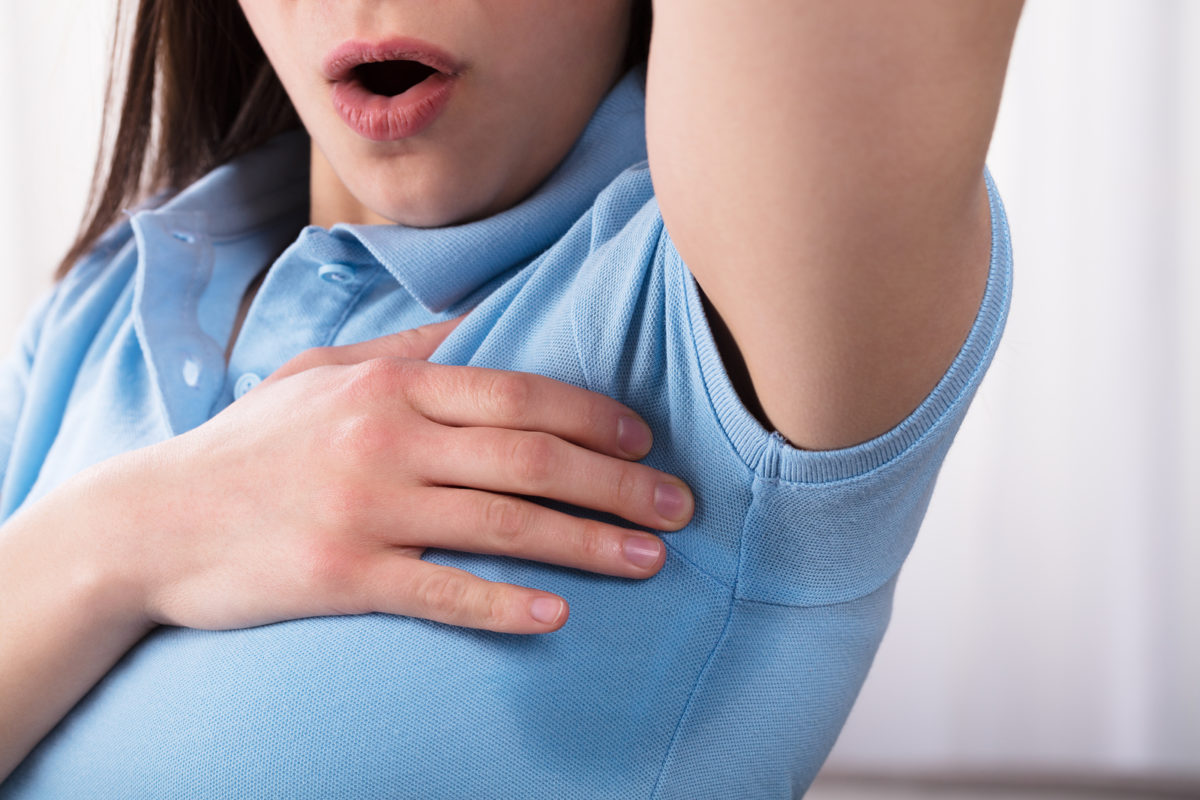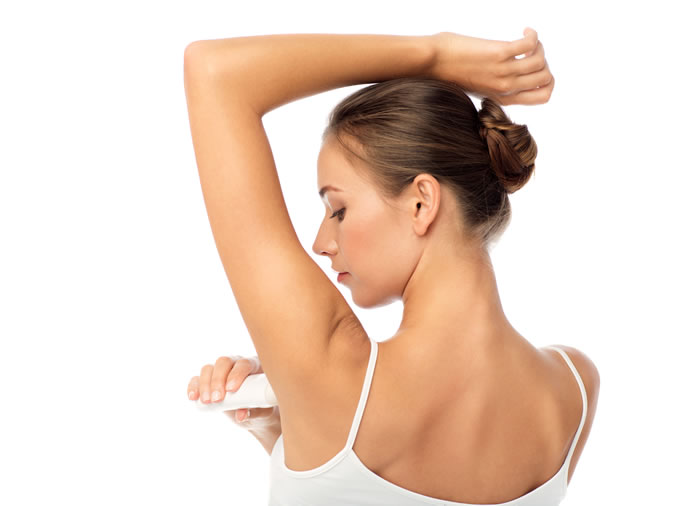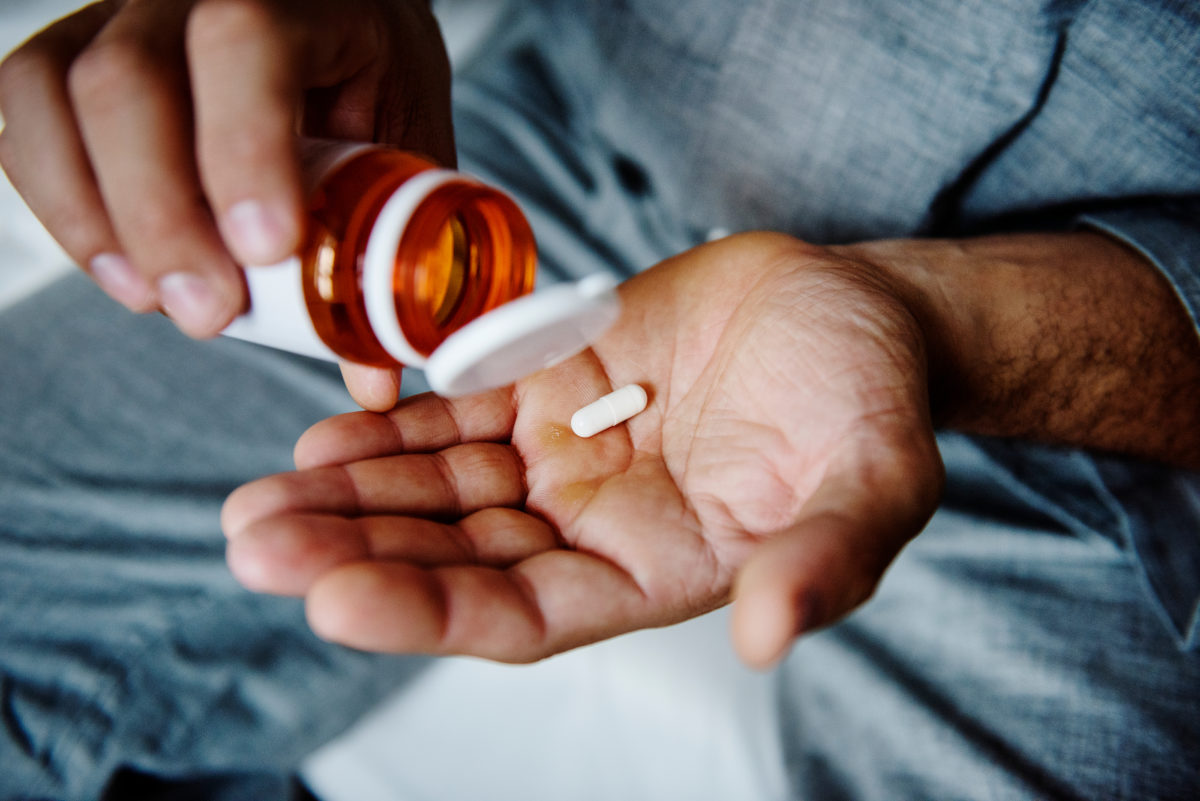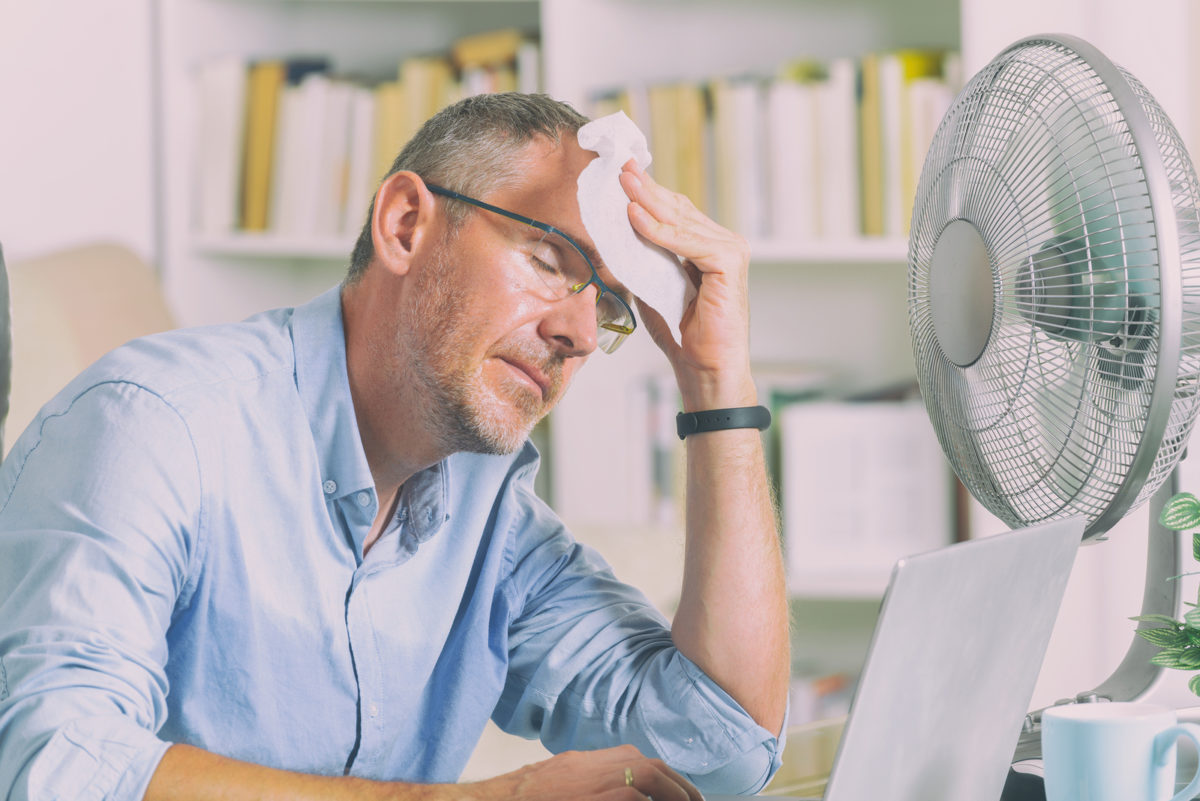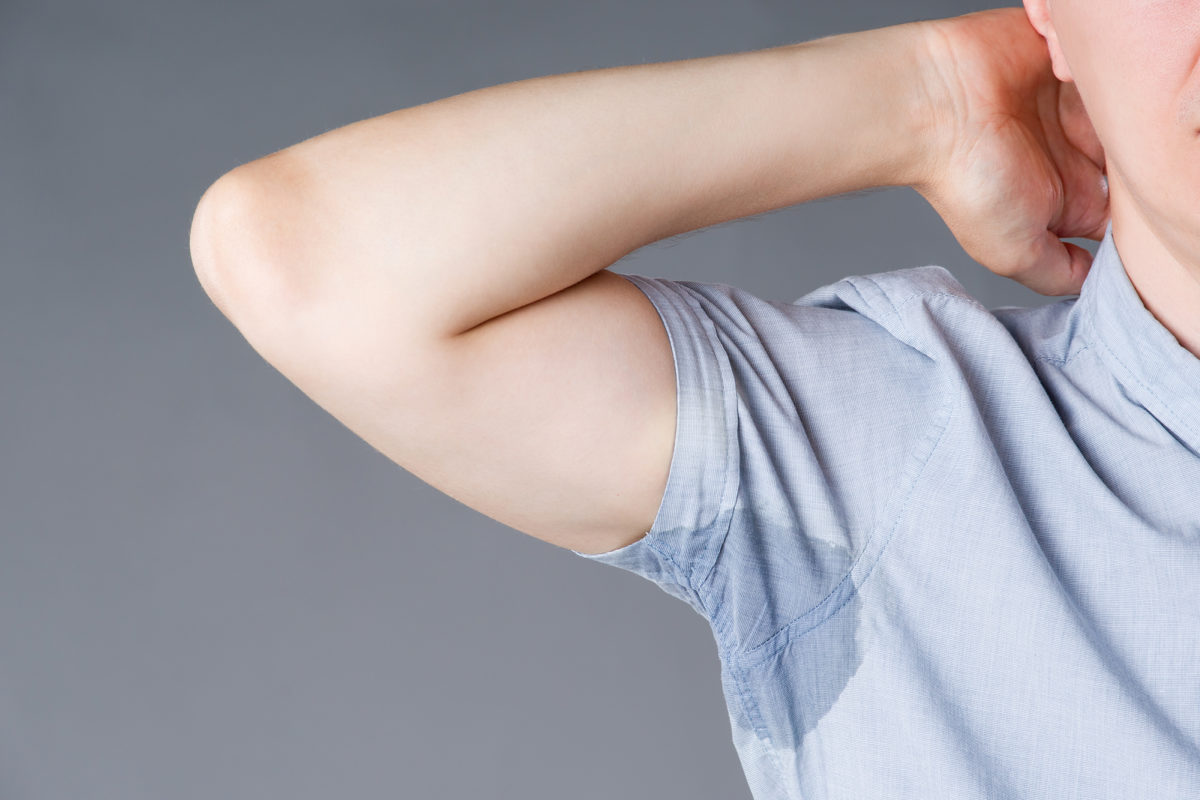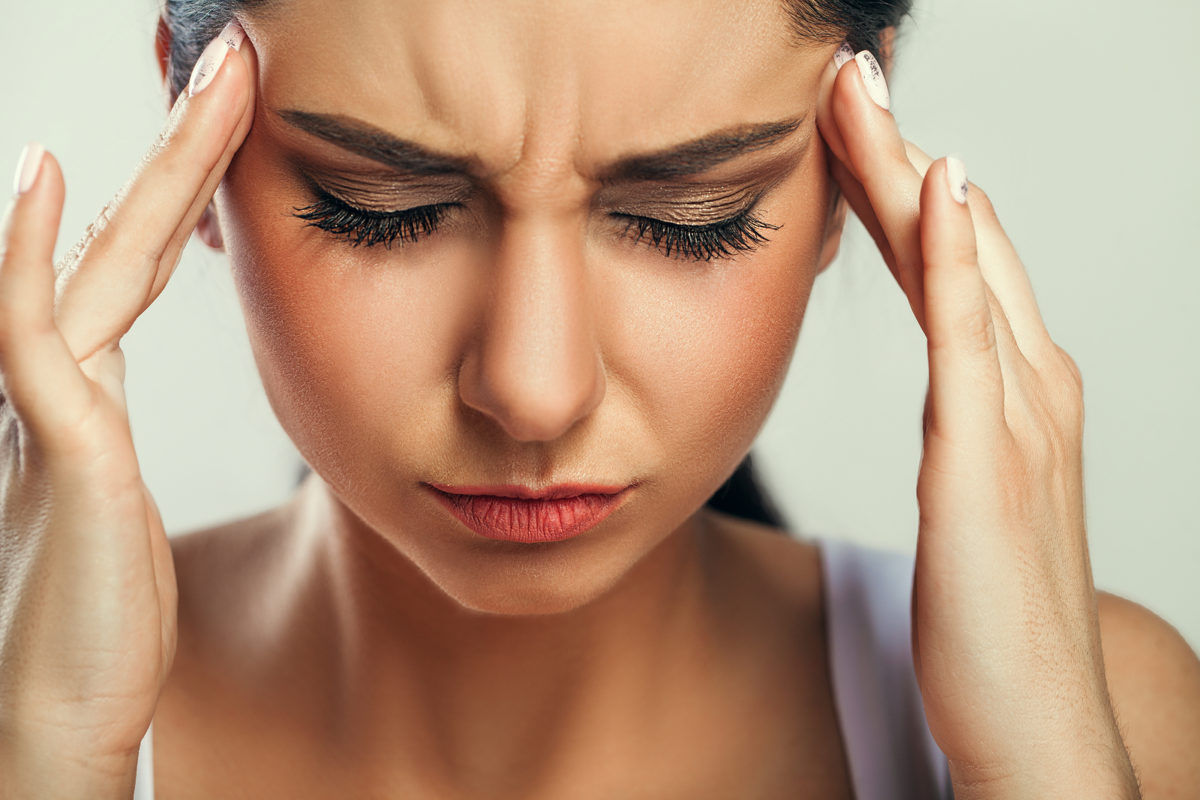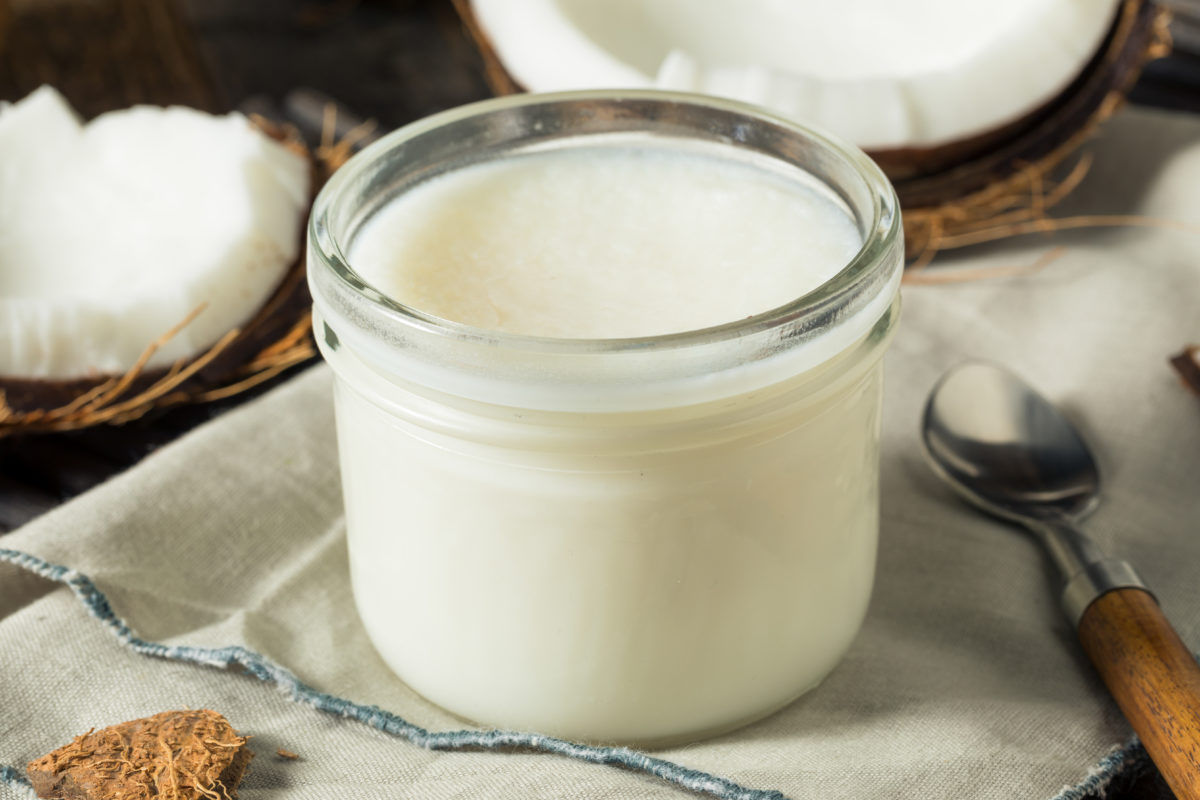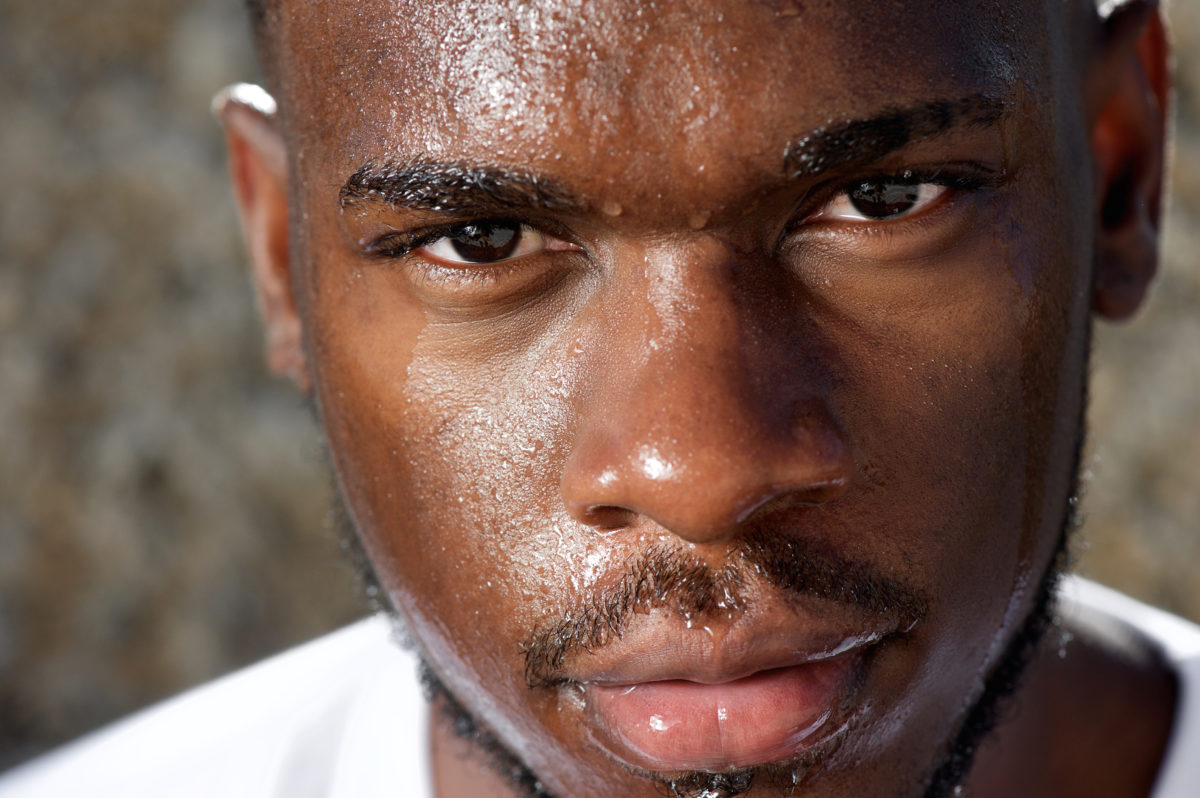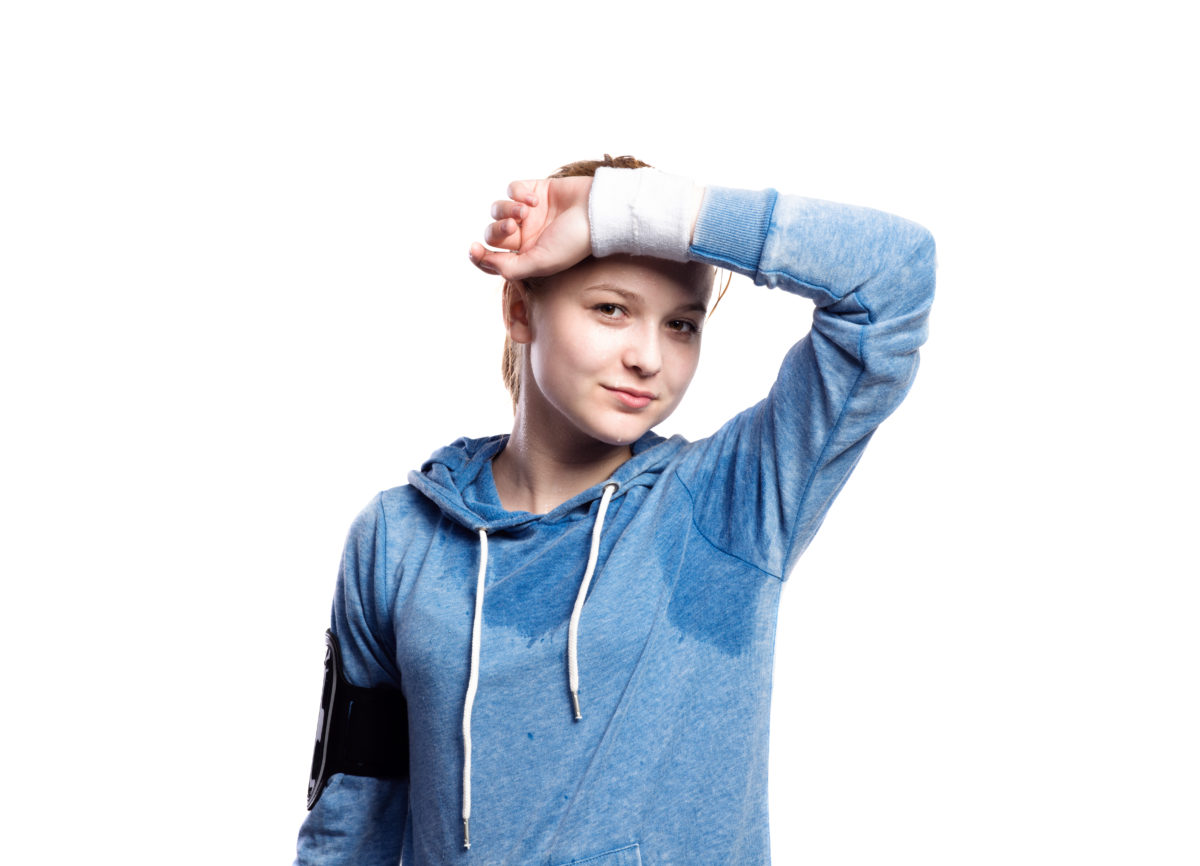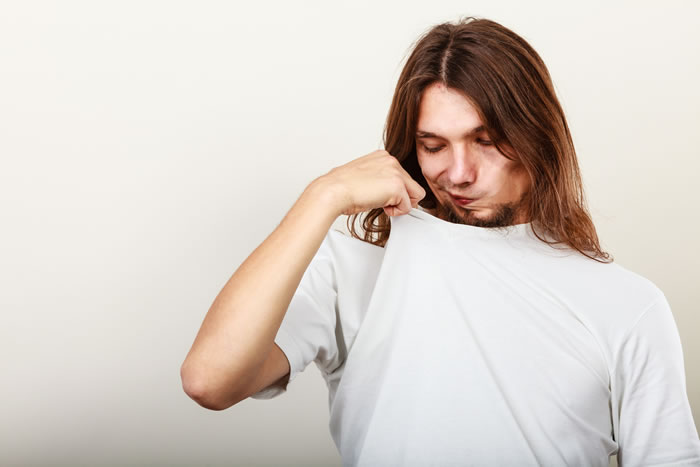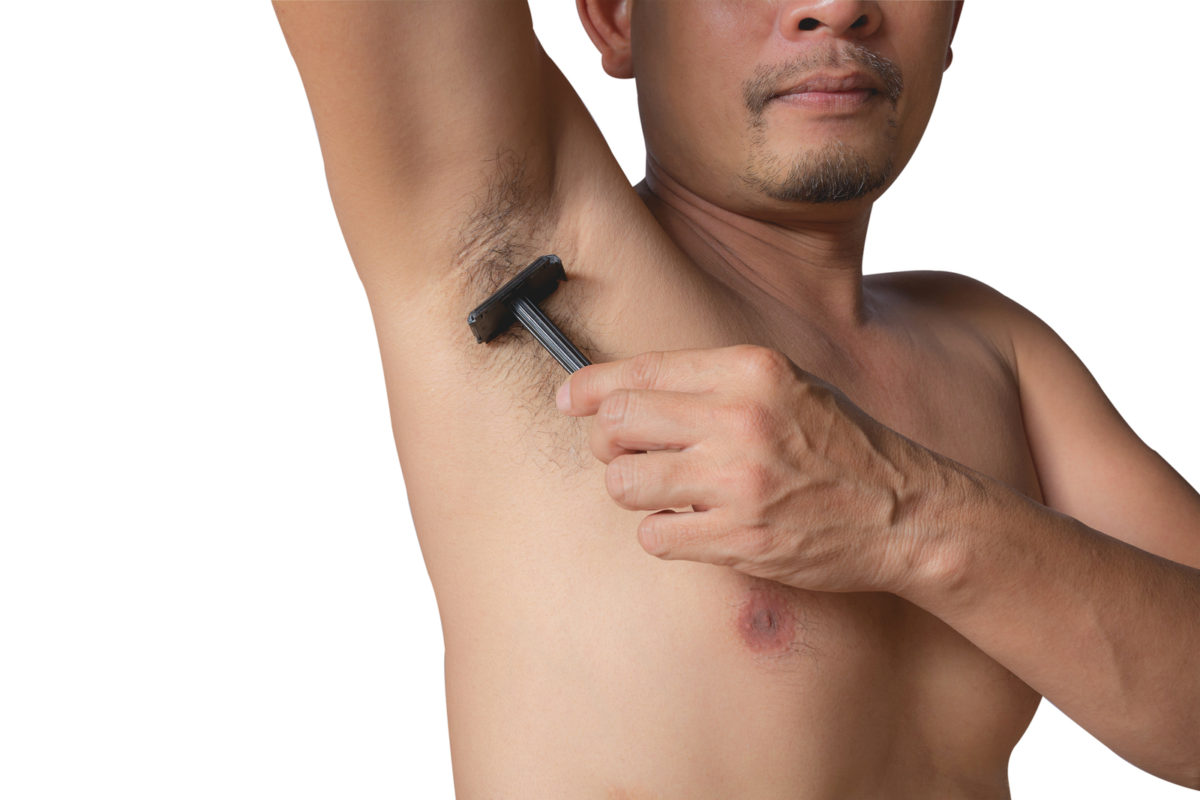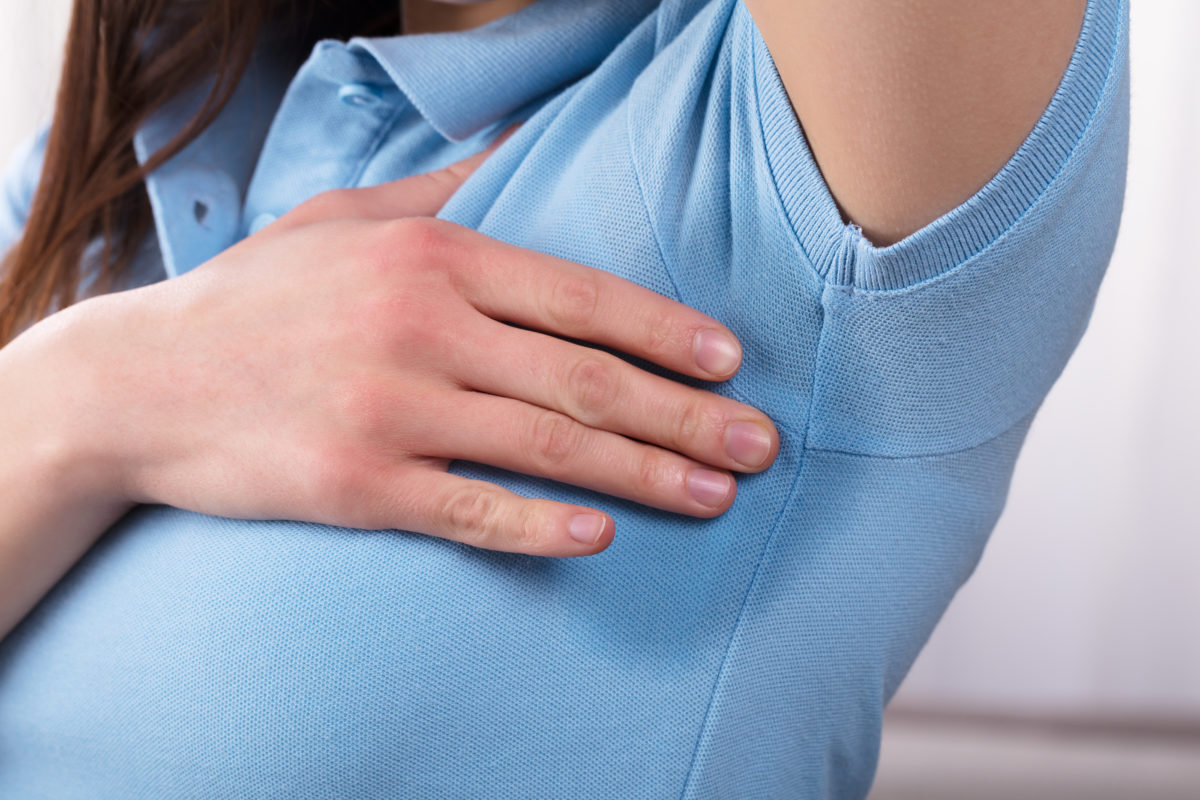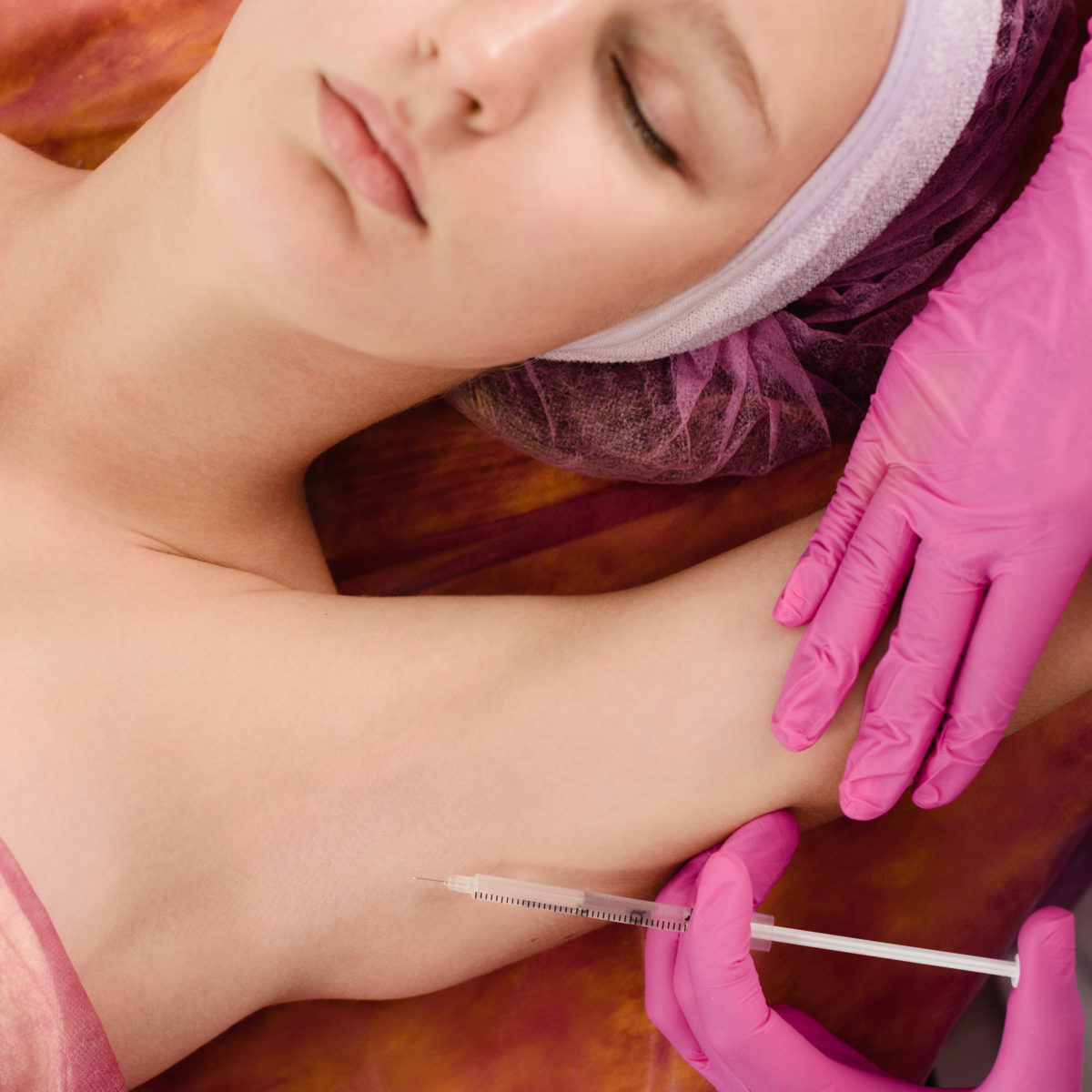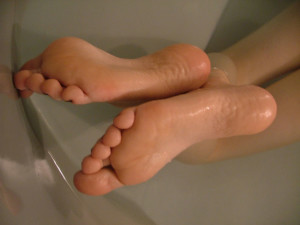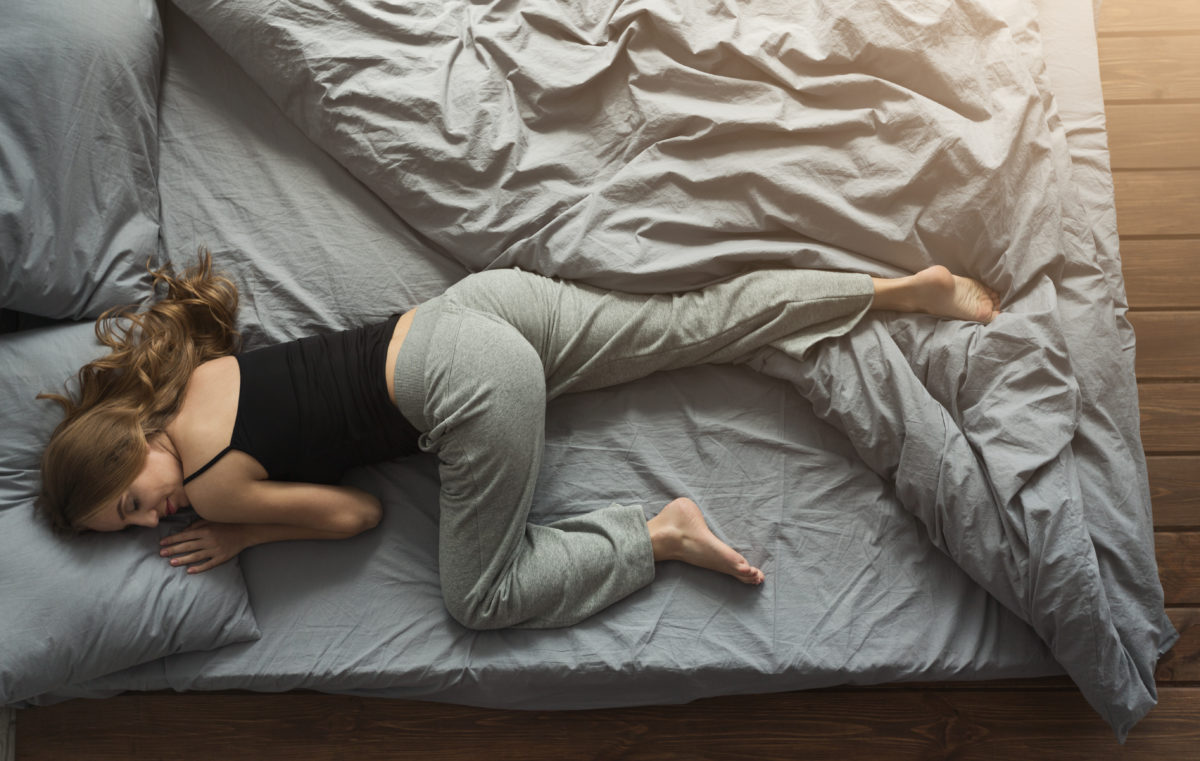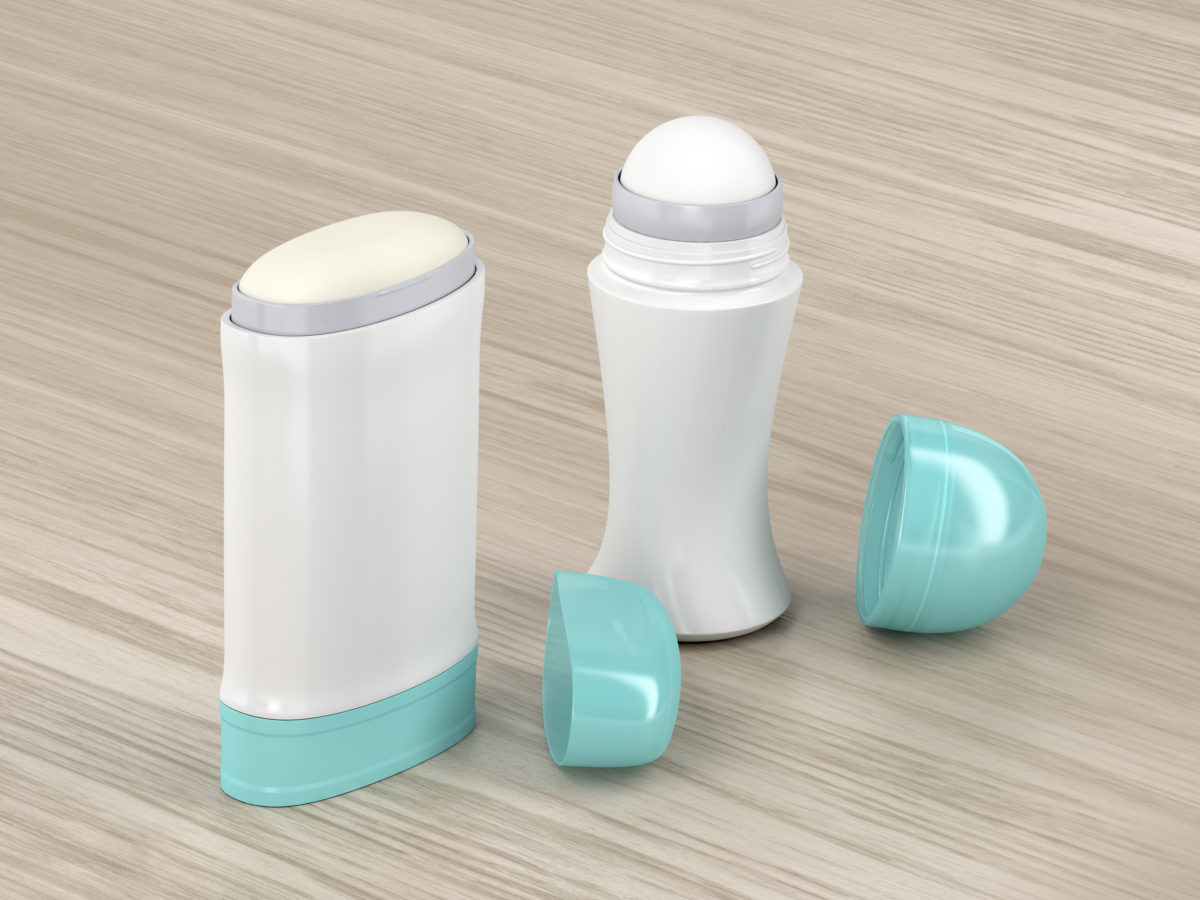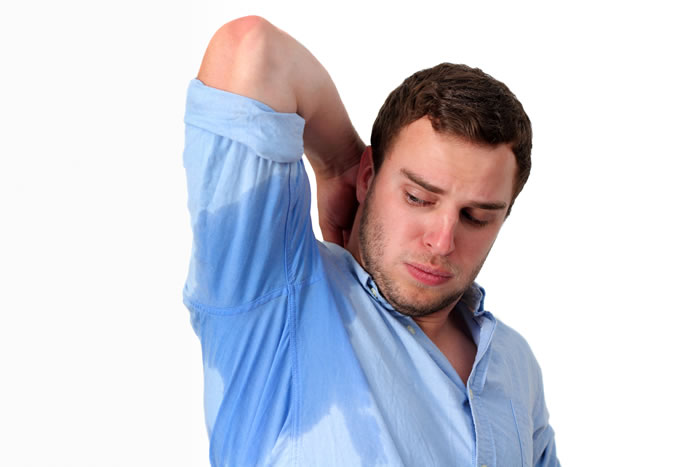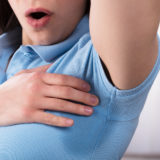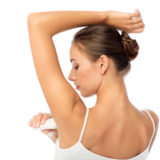All people sweat – both men and women. Sweating is a normal and healthy bodily function; however, a woman’s sweat can be triggered by a few things that don’t affect men. When people sweat excessively, it can become a problem for either gender and a sign of the condition, hyperhidrosis.
Common reasons for regular sweating can be exercise or being outside in the heat, but for women PMS can cause extreme sweating, as well. Many women experience excessive sweating episodes right before their monthly period, as well as during ovulation – this occurs because of the changing levels of the hormone progesterone. A woman’s body temperature can fluctuate 1 to 2 degrees before and through the period. Because of this, a woman may feel cold and hot and her body will sweat in response to the temperature change.
With a busy lifestyle, stress is another reason that women can sweat a lot (men too). Between jobs, kids, housework, errands, social life, and other responsibilities, it’s easy for stress to consume a person. When a woman stresses, her heart rate increases, as well as her body temperature, which will lead to the production of sweat.
Women can also sweat a lot during menopause due to hormones. During menopause, women can experience hot flashes and night sweats. About 75 percent of women experience excessive sweating during perimenopause, the years leading up to menopause. The decrease in estrogen can impact the part of the brain that regulates body temperature.
If a woman’s excessive sweat is constant and not due to heat, stress, PMS, or menopause, it could be hyperhidrosis. Hyperhidrosis cannot be cured but there are many treatments to reduce and manage the sweating.
Schedule an Appointment with a Hyperhidrosis Physician
Women sweat! If you’re a woman who sweats a lot, it’s a good idea to figure out why you’re sweating. PMS sweat is different from hyperhidrosis. If you think you may have hyperhidrosis, it’s time to talk to a doctor about treatment.
There are several hyperhidrosis treatment options, including prescription antiperspirants, medications, and Botox injections, that can help block sweat.
Dr. Peter Mikhail is a Tampa hyperhidrosis physician and surgeon with offices in Tampa and New Port Richey, Florida. To book a consult, click our Tampa hyperhidrosis treatment contact page or call 727-312-4844.

